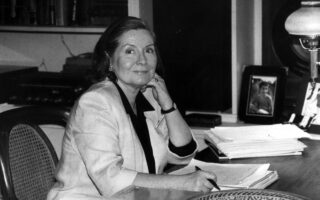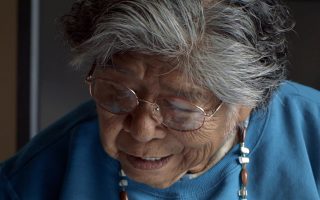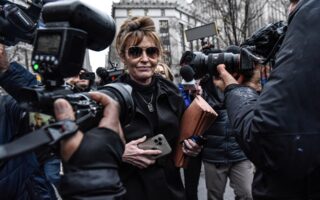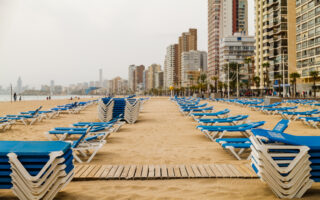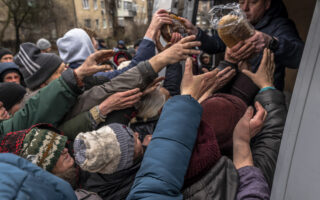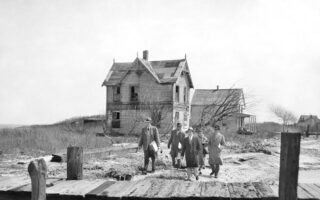Writers gather to discuss the role of literature in times of war and isolation
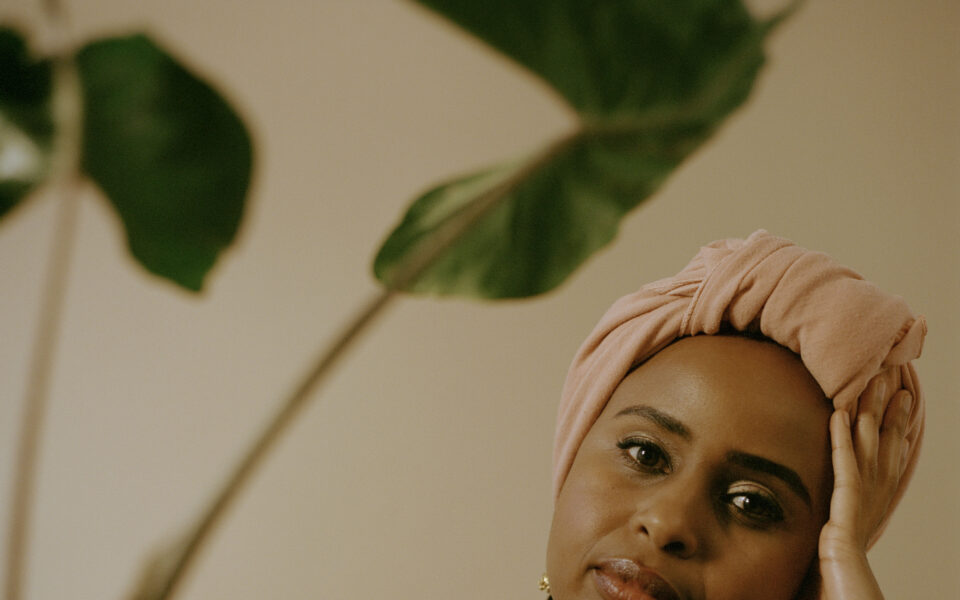
In 1939, American journalist Dorothy Thompson, who was expelled from Germany after reporting on the rise of the Nazi movement, convened an emergency summit of writers in response to the violence unfolding in Europe. As the leader of PEN America, a literary and free speech organization, Thompson called on writers to unite against fascism and threats to free expression. The event drew 500 writers from 30 countries.
“In much of the world today the word itself has been made captive,” Thompson told the assembled writers. “Those who would free it do so at the risk of their lives.”
This spring, in response to the war in Ukraine, PEN America is holding another “Emergency World Voices Congress of Writers” inspired by that first gathering to explore how literature and literary figures can help bridge geographic and cultural rifts, encourage dialogue and protect free speech in times of turmoil and brutality.
The emergency summit – which is expected to include more than 100 writers, among them Salman Rushdie, Gary Shteyngart, Ayad Akhtar and Jennifer Egan – is part of PEN’s annual World Voices Festival, a series of literary events scheduled to take place May 11-14 in New York City and Los Angeles.
“In this moment of chaos and violence, we can address what the role of the writer is, as we face down the rise of authoritarianism, disinformation run amok, social fissures that are widening here in this country, and a surge in book banning and threats against free speech,” Suzanne Nossel, chief executive of PEN America, said.
On the same day as the summit, Ukrainian novelist Andrey Kurkov, who is the president of PEN Ukraine and has been documenting the grim toll of Russia’s invasion, will deliver a speech that will address threats to democracy and free expression.
The World Voices Festival was created in 2005 with the aim of fostering dialogue among authors from around the world to counter isolationism and xenophobia in the United States after the September 11 attacks.
In the years since, the annual event has drawn hundreds of international and American authors to discuss themes such as gender and power, political unrest and resistance, and threats to privacy and free speech.
Panels at this year’s festival will address how literature can confront issues like climate change, immigration, gender equality, nationalism and the future of democracy. More than 80 writers are expected to participate, including Sheila Heti, Leïla Slimani, Mieko Kawakami, Nadifa Mohamed and Abdulrazak Gurnah, who won the Nobel Prize in literature last year.
The festival will conclude with an event highlighting the dramatic rise in book bans in schools and libraries across the country, featuring readings from banned and controversial books by literary icons like Toni Morrison, Art Spiegelman, Kurt Vonnegut and others.
This year’s gathering marks the first time since the start of the pandemic that the festival will take place in person, after PEN held it online in the spring of 2020 and 2021.
“Isolationism took on a new meaning during Covid,” Nossel said. “It’s extremely important to bring people together face to face and consider, amid all the questions we’re grappling with now, how literature can play its role as a bridge across geography, ideology and cultures.”
This article originally appeared in The New York Times.

